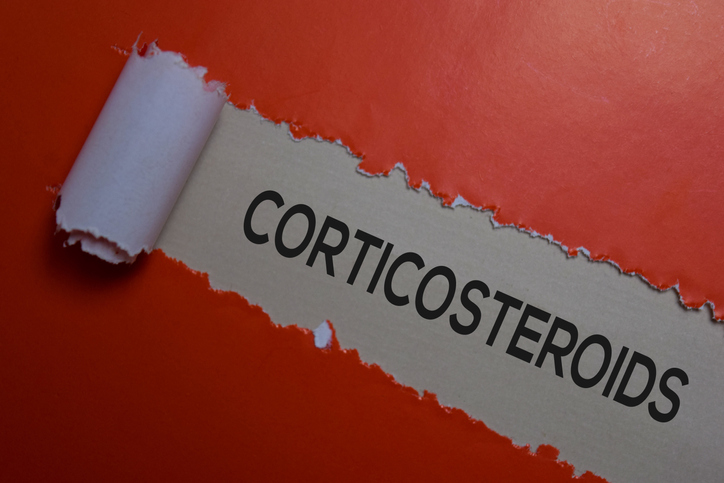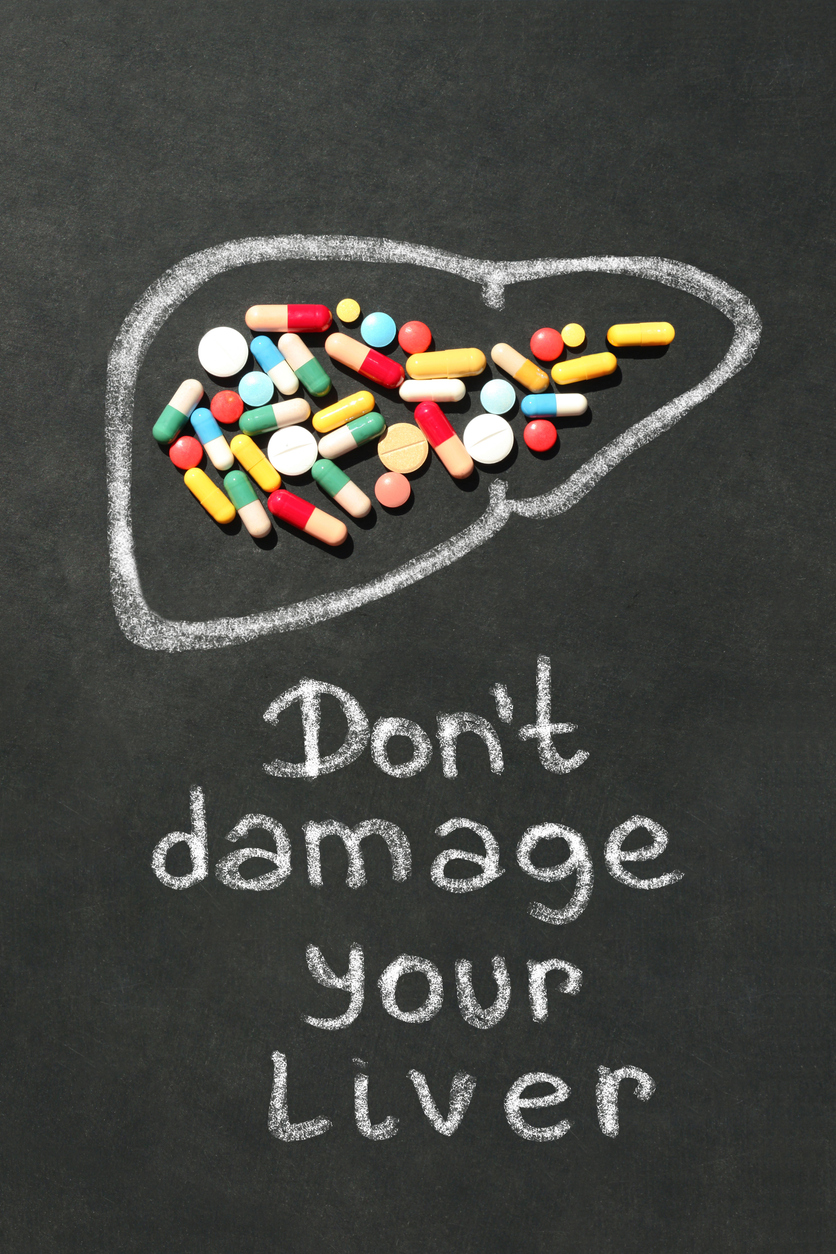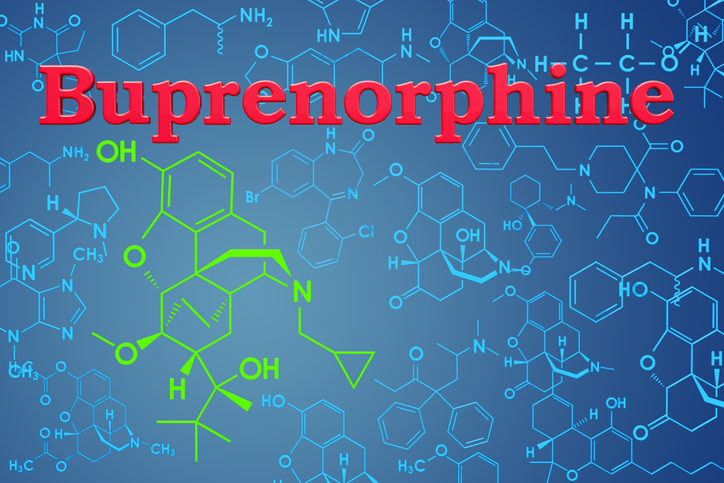Treatments
What Are Corticosteroids?

Corticosteroids are anti-inflammatory medications. They reduce inflammation and immune system activity. Corticosteroids are man-made, but are similar to cortisol (a hormone naturally produced in the adrenal glands). Examples of corticosteroids include cortisone, hydrocortisone, prednisone and methylprednisolone.
Corticosteroids can be used in the treatment of various health conditions, including the following:
- Rheumatoid arthritis
- Lupus
- Vasculitis
- Myositis
- Asthma
- Allergies
- Eczema
Treatment with corticosteroids
Treatment with corticosteroids is either local or systemic. Examples of local treatments include skin creams, ear drops, eye drops, or injections into a specific joint. Systemic treatment involves circulating medication throughout the body. This can be achieved through oral or intravenous corticosteroids or intramuscular injections. To prevent or minimize side effects, local treatment is preferred over systemic treatment whenever possible.
Potential side effects
The risk of side effects from corticosteroid treatment highly depends on the prescribed dosage and length of treatment. High doses or long courses of treatment tend to cause more side effects than low doses and short courses of treatment.
Potential side effects of corticosteroids include, but are not limited to, the following:
- Increased appetite
- Weight gain
- Changes in mood
- Difficulty sleeping
- Acne
- Blurred vision
- Easy bruising
- Muscle weakness
- Water retention
- Diabetes
- High blood pressure
- Osteoporosis
- Steroid-induced psychosis
The risk of side effects decreases if corticosteroids are used only when necessary, the lowest effective dose is taken only for a short period, and, if possible, local rather than systemic corticosteroid treatment is used.
















